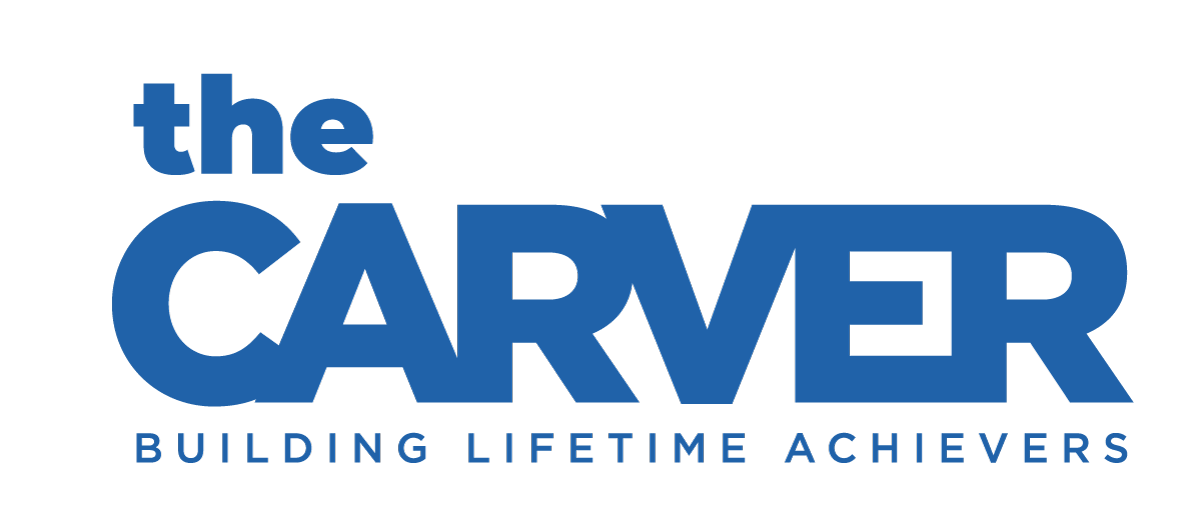The 7 to 9 year old girls engage in a spelling bee using the vocabulary they learned in the preceding marine mammals science lesson.
Two chosen team captains select their members and decide on team names, establishing team Heart and team Marshmallow. The counselors pull out the room divider to create two smaller classrooms for the teams. They draw lines for the words and tallies on the chalkboards in their mini-classrooms.
Before each question, the counselors pick a representative whose job is to, if on team Heart, spell the word to the team’s counselor who writes it down, or, if on team Marshmallow, write on the chalkboard themselves.
After the representative is chosen, a counselor announces the word. The students, who sit around the table in front of their chalkboard, are given about a minute to discuss the spelling with each other before the deliberation must come to an end so the representative can spell the word.
The teams tie after the six initial questions: “mammals”, “ocean”, “elephant”, “blubber”, “webbed”, and “whale”. The counselors attempt to break the tie by adding a seventh question with a more complex vocabulary term from the lesson, agreeing on the word “communicate”. Both teams correctly spell the word, requiring the counselors to brainstorm another way to determine the winner.
They decide to present the sentence “They’re going to the grocery store” to the students and instruct them to figure out which of “their”, “there”, and “they’re” is used.
Team Heart concludes that the word must be the shortened version, or the contraction, of “they are” and, with slight prompting from their team’s counselor, write the word correctly. They acquire the win as team Marshmallow debates between answering “their” or “there”.
Team Heart’s counselor helps the team understand the correct answer before the room divider is pulled back and the students commend each other for a good game.


